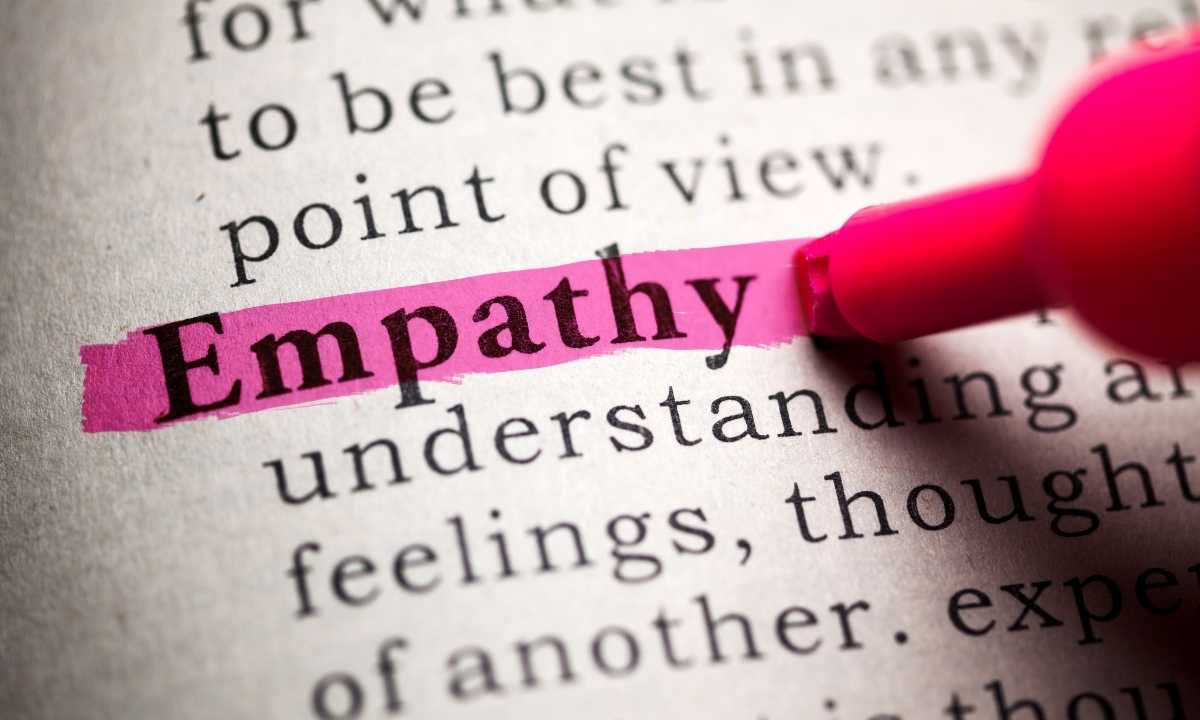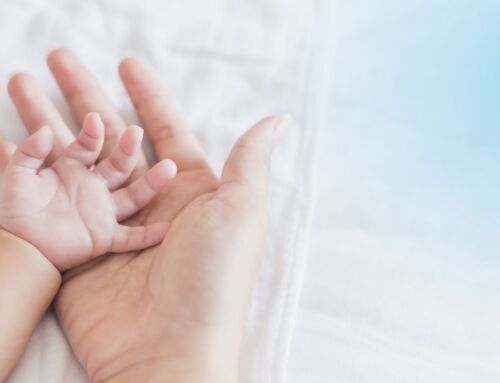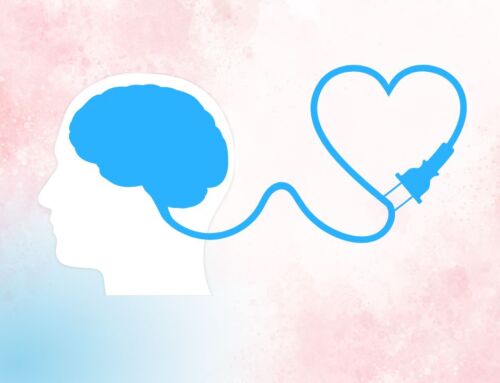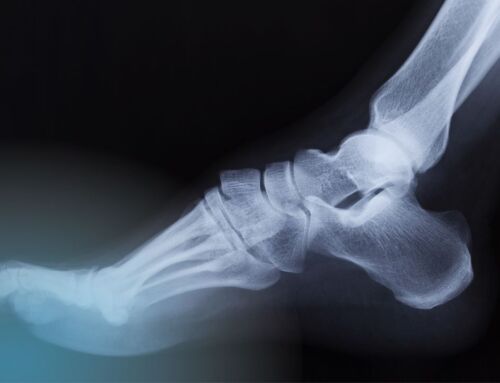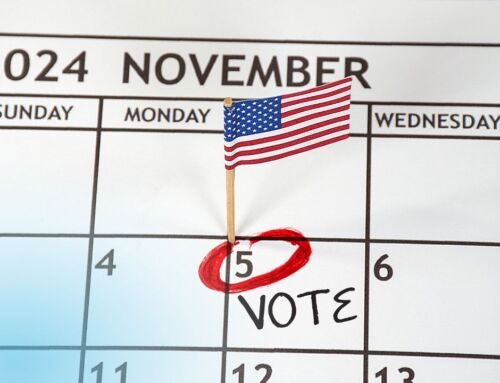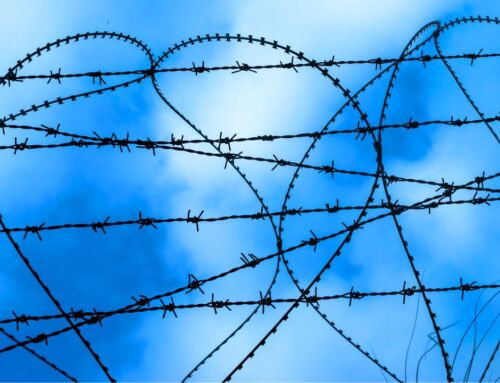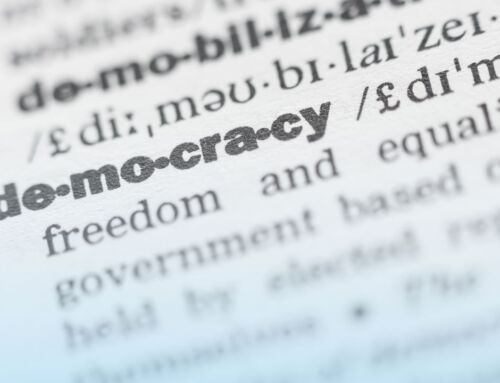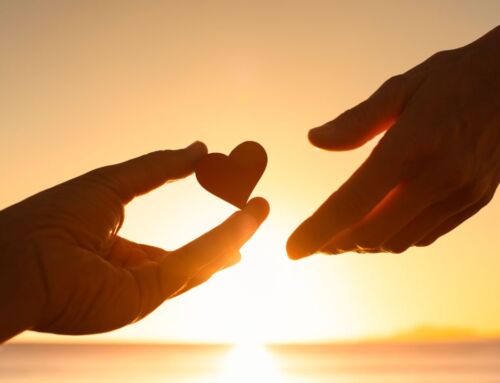Empathy is when you connect with and feel someone else’s pain. It’s a beautiful way to connect with others, but it gets exhausting because you are in a constant state of giving out while not receiving anything back in to fill your own coffers. Compassion is trying to alleviate someone else’s pain. Compassion is love in action.
When you add the compassion component to your empathy something beautiful happens: You help another person, and in return you experience self-compassion and self-care. Balancing empathy with compassion is crucial for this reason. When you start to feel tired or drained from giving, that’s empathy fatigue. When this happens, know that you’re missing the compassion component.
Empathy fatigue is real.
You can’t ignore fatigue. Otherwise, it can take over. When I was first learning mindfulness, I knew I wanted to become better at this, so I took a class on Mindful Self-Compassion (MSC). It was nothing less than transformative.
I learned skills to soothe myself in my toughest moments. My depression vanished. I managed my issues with anger much more effectively, and in a completely new way. It was such a relief that anger no longer threw me into depression! I was now comfortable telling myself, “Oh, that’s anger,” when it came up, because now I knew how to help myself through it.
When one of my kids was struggling during adolescence, or my mom was experiencing stress and anger because of her medical problems, I would absorb their pain and feel their frustration to the point that my level of despair would emotionally incapacitate me. After learning MSC, I knew I had to take care of myself to best care for them. I had to make time for exercise, a hot bath, a walk, and meditation.
By practicing Mindful Self-Compassion, I could be there to help my loved ones and still stay afloat.
You can too.
